7 Facts You Didn't Know About Coffee Production Slideshow
"On the other hand, most cultivated coffee is descended from only a few samples of that wild genetic diversity — the samples that people selected centuries ago and carried with them to today's major coffee-growing regions. The scientists describe this as coffee going through a 'genetic bottleneck' as it moved from its African homeland to Latin America, in particular."
— Dan Charles, NPR
"There's surprisingly little genetic research and development going on with coffee, compared to other major agricultural crops like wheat or corn. This seems to be mainly because no one has figured out how to make money breeding better coffee varieties."
— Dan Charles, NPR
"I used to think that the roasting determined a lot about the taste of the coffee. Turns out, it's mostly all about the bean (how, where it's grown — as well as the varietal). The reason the Guatemalan beans from Migeulina's farm are so good is that when the plants get stressed out (due to cool nights and warm, dry days at that altitude), the plants are pulling nutrients from the soils — and it produces lots of subtle characteristics in the beans. It's the terroir thing — very much like wine."
— Alison Aubrey, NPR
"It's not easy to get coffee from remote areas, like the farm I visisted in Huehuetenango. The coffee has to go by truck eight hours to Guatemala City. Sometimes in early spring, if it gets rainy, rock slides will wash out bits of the road — and that's a big challenge. And theft is an issue on these highways. If the beans can't get to port — they can't get to the U.S. — and the farmer won't be paid. This has never happened to Miguelina, but just the possibility that it might, shows the logistical issues and complications."
— Allison Aubrey, NPR
"There are just so many logistics — and these beans get touched so many times. The process is incredibly labor-intensive, from hauling beans down mountain, to dumping them into wet mill, sorting, drying, bagging, milling, etc."
— Allison Aubrey, NPR
